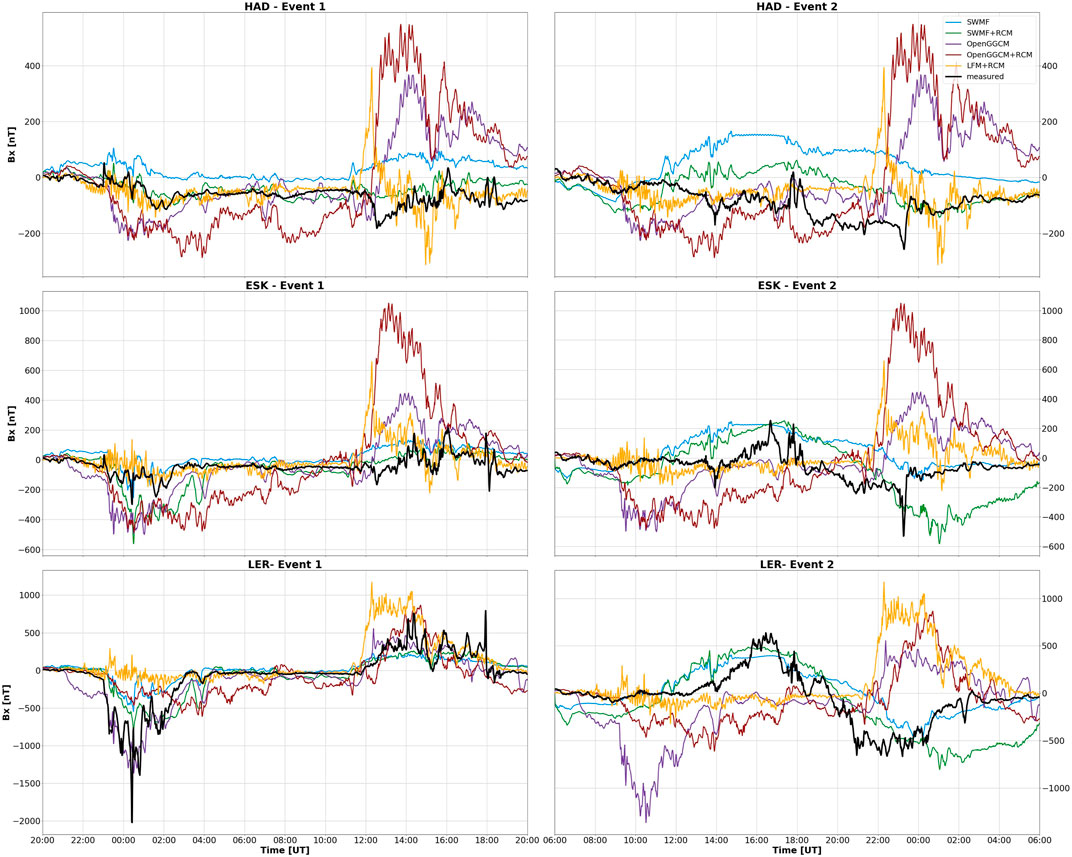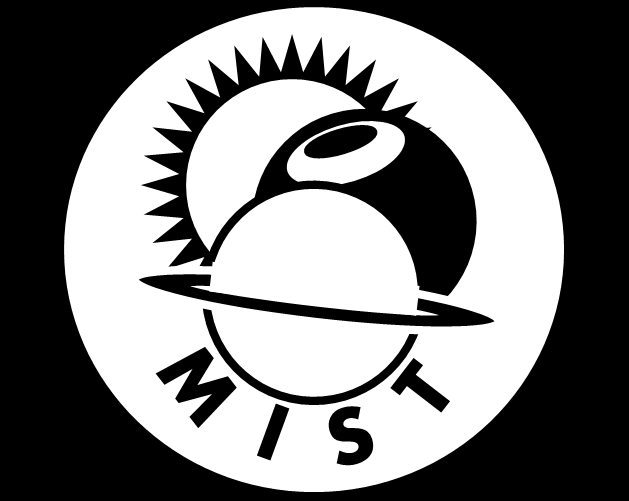MIST
Magnetosphere, Ionosphere and Solar-Terrestrial
The predictive power of magnetospheric models for estimating ground magnetic field variation in the United Kingdom
Ewelina Florczak (British Geological Survey, University of Edinburgh)
Space weather events can have damaging effects on ground-based infrastructure. Geomagnetically induced currents caused by rapid magnetic field fluctuations during geomagnetic storms can negatively affect power networks, railways as well as navigation systems. To reduce such negative impacts, good forecasting capability is essential. In this study we assess the performance of contemporary magnetohydrodynamic (MHD) models in predicting the ground magnetic field perturbations at three UK observatories during two severe space weather events: September 2017 and March 2015. Simulated magnetic data were acquired via Community Coordinated Modeling Center1, using the following models: Space Weather Modeling Framework (SWMF), Open Geospace General Circulation Model (Open GGCM) and Lyon–Fedder–Mobarry (LFM) combined with the Rice Convection Model (RCM). Qualitative and quantitative comparison between measured and modelled values suggest that the performance of MHD models vary with latitude, the magnetic component and the characteristics of the storm analysed. Most models tend to exaggerate the magnitude of disturbances at lower latitudes but better capture the fluctuations at the highest latitude. For the two storms investigated, the addition of RCM tends to result in overestimation of the amplitude of ground perturbations. The observed data-model discrepancies most likely arise due to the many approximations required in MHD modelling, such as simplified solar wind input or shift in location of the electrojets in the simulated magnetospheric and ionospheric currents. It was found that no model performs consistently better than any other, implying that each simulation forecasts different aspects of ground perturbations with varying level of accuracy. Ultimately, the decision of which model is most suitable depends on specific needs of the potential end user.

References:
For further details see Florczak E, Beggan CD and Whaler KA (2023) The predictive power of magnetospheric models for estimating ground magnetic field variation in the United Kingdom. Front. Astron. Space Sci. 10:1095971. doi: 10.3389/fspas.2023.1095971
